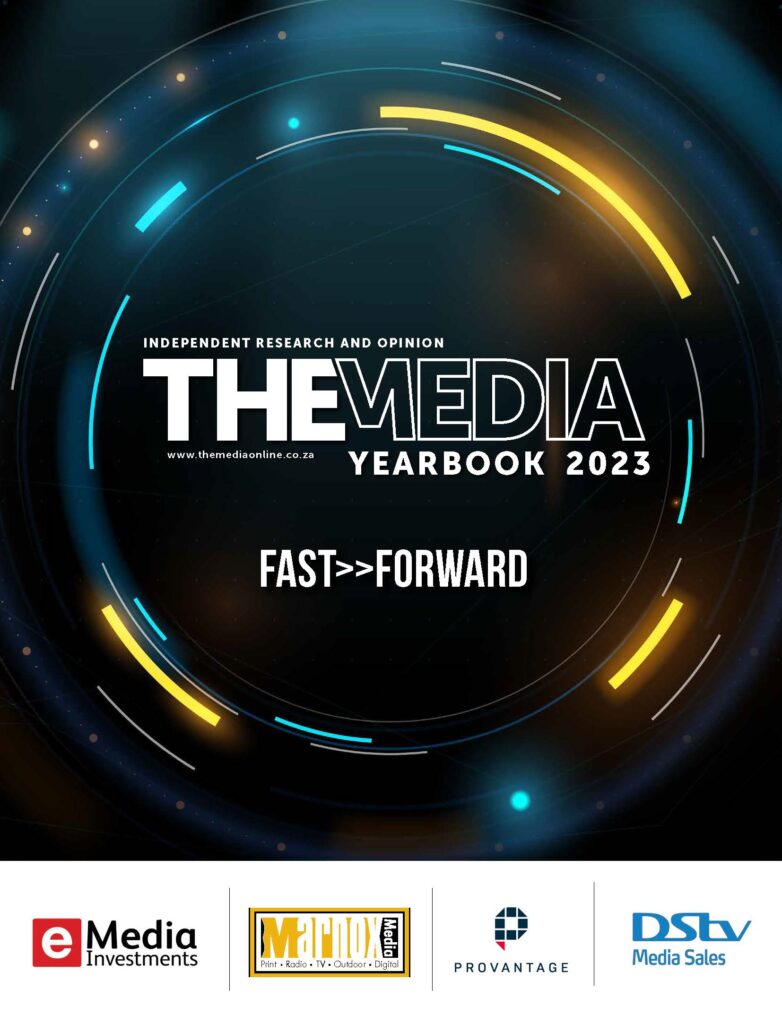The world has only recently emerged from the worst of the Covid-19 pandemic. We are still dealing with the ongoing war in Ukraine and, in South Africa, an electricity crisis. Supply chains, input costs, trading conditions and entire sectors within countries’ economies have been hugely impacted.
These lead to consumer behaviour changes, raising questions for marketing and media strategies. To what extent have price hikes and the unavailability of some goods shifted purchasing patterns, price elasticity within categories, and brand selections? Will remote or hybrid work dampen economic activity centred around office parks and business nodes?
Will six to eight hours of daily power outages shut down yet more micro enterprises in South Africa, causing further unemployment and hitting core categories of consumer spending? For how long will the electricity issues cut into the previous targeting banker that was the traditional evening television audience peak?
The biggest lesson from the pandemic and the last few years of turbulence is surely that – as an important component of risk mitigation in any business – marketing and media strategists need to build a contingency plan into their thinking, not just as small budget reserves or lower-priority items highlighted on spreadsheets, but as a holistic, 180-degree alternative in the case of sudden, unpredictable events.
Digital rules – across a digital divide
For the better part of 20 years, ‘digital’ has pervaded conversations in marketing meetings, and littered media strategy presentations. This coincided with the digi-tech revolution and mostly made sense, and was necessary. Good strategy has involved incorporating subscription video on demand (SVOD) into TV plans, allocating a portion of radio budgets to podcasts, bundling a publisher’s online offering with its print title offering, and shifting from product placement to influencer marketing, amongst many other evolutions.
But if industry professionals were to reflect on these decisions, some might need re-evaluation. Has it been effective to forego mass audience reach achievable on, for example, South Africa’s Zulu-language radio station Ukhozi FM, in favour of online, niche audience podcasts? Did the insistence that the public relations budget be scrapped so that online search engine optimisation (SEO) metrics could inch up, come at the price of reduced corporate or brand reputation?
And how should we frame the metaverse, where some brands are already spending significant advertising monies? While this has strategic relevance for the likes of Gucci or Nike, the environment being called the next iteration of the internet is surely an enormous over-hype for many advertisers.
Interestingly, global consultants, Gartner, have a methodology for evaluating technologies within industries called the Hype Cycle. Its descriptions of the phases of technology adoption apply perfectly to the media environment. As planners, we get triggered by innovation, our expectations are probably inflated, and we may experience disillusionment before a new platform’s viability and genuine delivery kicks in.
Closing the gap
Our continent’s varied socioeconomic context and existing media landscapes are also acutely relevant to any discussion of media trends and challenges in Africa. Nine of the world’s ten poorest countries are in Africa, according to 2021 data compiled by the World Bank. There are enormous income and wealth disparities, especially in Nigeria and South Africa, the continent’s two largest economies. These indicators translate to real-world consequences for media strategists, the bottom line of which is that there is a digital divide in Africa.
This divide is closing – fast, in countries such as Kenya and Rwanda, which incorporated rapid digital transformation into their national economic plans a decade ago – but most nations’ media landscapes are still dominated by traditional media. This is a powerful resource, upon which advertisers can capitalise.
Consider two examples. In Namibia, each day, a fleet of trucks drive 700km northwards and southwards from Windhoek to deliver copies of The Namibian newspaper to all major towns and villages across the country. In its near 40-year existence the paper has become the most trusted source of news for all Namibians.
The publisher takes digital seriously, and has developed and nurtured associated online channels and platforms, but the printed newspaper remains an institution on the country’s media landscape.
In South Africa, the Xhosa radio station Umhlobo Wenene hosts a programme programme, Imiphanga, that conveys death notices. It is a cherished source of community news and empathy, and has been running for generations. Enormous numbers of listeners tune in each week.
Cautionary tales
Predicting the future is tricky and – because it engenders a sense of know-it-all complacency – may even be counterproductive. In his seminal book The Black Swan, statistician Nassim Taleb highlights deep problems in how we think about risks; one of which is that we over-emphasise newness because it’s top-of-mind. The opinions of experts, too, are over-valued; Taleb provides evidence that they are rarely better at predictions than anyone else, because their ways of thinking are also blinkered by assumptions and biases.
The flipside of the same coin is that even if we are wary of predictions, as media professionals we must remain alert to signs of change, and take appropriate action. “I give the talkies six months, no more. At the most, a year. Then they’re done,” said Charlie Chaplin in 1931. The pioneering comedian and filmmaker should not have resisted change; by 1940 silent movies were a thing of the distant past.
Human-centric planning
Peering into the future, media professionals also need to confront the elephant in the room. Algorithms – embedded within programmatic digital media and television buying – already make many decisions. Inevitably, artificial intelligence (AI) will soon do more – much more. Could it take over the entire media strategy and planning function?
The answer is surely ‘yes’ – but with a qualifier: however rapidly the industry continues to change, the human factor will provide the critical difference between solid campaign plans and those with the spark of ingenuity. Which do we believe will be most effective?
The key to switching arising challenges into opportunities and unlocking business value is to be both brave and smart in our thinking. This might mean seizing on early signs of a trend to gain early adoption advantage – or it may require resisting the trend because the conventional solution is the responsible choice.
So, let’s be strategic in how we deal with change. The bottom line is that media owners will still need to deliver audiences, and marketing and media decision makers will always need to deliver results. Above all, regardless of trends, hype or the rapid emergence of new patterns of behaviour and media usage, we need to be open to finding the human truths that drive consumers as real people.

Dave Gorin is a strategist and media sales representative for Marnox Media. The company has been advising marketers and agencies on campaigns in Africa for 25 years, and currently represents some 250 businesses on the continent.
CLICK ON THE COVER TO READ THE MEDIA YEARBOOK 2023 >> FAST FORWARD















